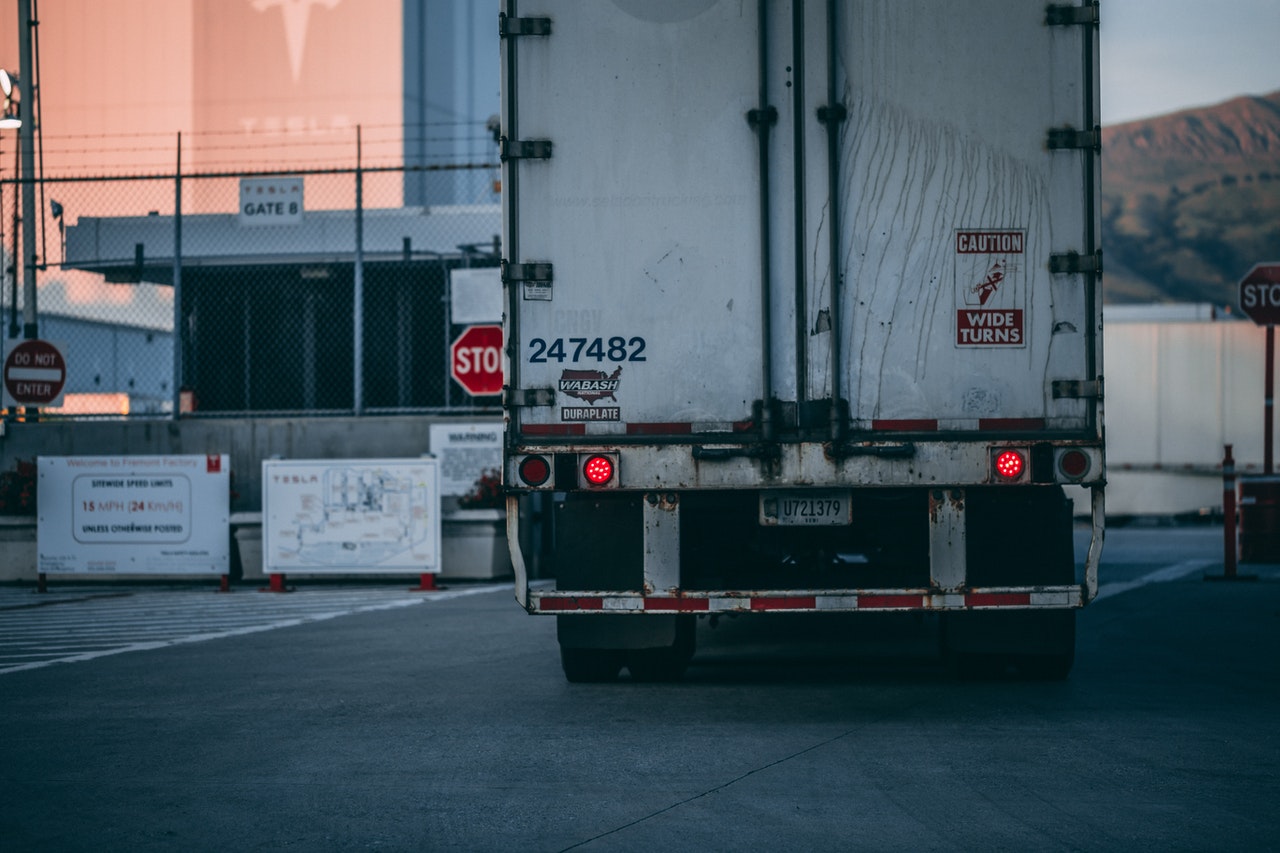“Drunk driving contains a far greater risk of violent death than the use or sale of illegal drugs; the societal response to drunk drivers has generally emphasized keeping the person functional and in society while attempting to respond to the dangerous behavior through treatment and counseling.” – Michelle Alexander
There are hundreds of truck businesses running in Schaumburg. However, this is accelerating the economic rate of Schaumburg, but at the same time, this adds to the higher risk of road accidents and drivers putting their lives at risk.
Riding a commercial truck comes with a lot of risk factors and challenges. Call it the complex mechanism or overall load; many differences make commercial truck driving a bit different from the usual ones.
Several factors like unfavorable weather conditions, distractions, sleepness, inappropriate drug or alcohol consumption make the driver more prone to severe accidents. Despite the deadly results, many trucks and other heavy vehicle drivers tend to drive under the influence of alcohol and drugs.
This may help them tenfold their driving potential and concentration for a while, but at the same time, it leads to life-taking road accidents as well. Thinking how? It negatively impacts the driver’s health and brain functioning, ending up in worse consequences for the driver.
 As a result, the authorities have released federal trucking regulations that ensure drivers’ sobriety while they are on the road. This testing type is mandatory in many United States regions, especially for commercial vehicles and drivers.
As a result, the authorities have released federal trucking regulations that ensure drivers’ sobriety while they are on the road. This testing type is mandatory in many United States regions, especially for commercial vehicles and drivers.
It is to ensure the complete safety of people on the road while eliminating any chances of drivers meeting in an accident. Such safety precautionary measures were taken after witnessing many roads crashes happened due to commercial vehicles.
The sad part of the story is that many still neglect this testing type, ending up losing precious life.
The role of trucking businesses in road accidents
Minor negligence from the authority of truck businesses often leads to devastating road crashes.
Moreover, if suspected or found under the influence of alcohol or drugs while driving, a truck driver can be booked. This doesn’t just put the driver or vehicle in danger but drags the business owner into legal complications too.
The suffering party can file a lawsuit against the business name or driver, putting a question on the business’s reputation and operational efficiency. To save the trucking company from reputational damage, some firms seek insurance claims for vehicles and drivers.
Post-accident drug screening and alcohol testing protocol
As per the federal regulations imposed by FMCSA (The Federal Motor Carrier Safety Administration) for all commercial truck businesses, the driver must undergo an alcohol or drug testing process. And if the driver is found under the influence of alcohol or drugs, he needs to face the legal hearings faced by punishments.
For instance – someone who has been involved in a road accident case in Schaumburg needs to hire a reliable Schaumburg auto accident lawyer right before the other party files a lawsuit against the driver. Hiring a dedicated attorney can help strengthen the case while using the evidence of the accident wisely.
As per the pre-defined regulations, the employer or business must test the drivers for at least 8 hours before assigning a driving task. Employers cannot make the drivers undergo any such test after 32 hours of passing a road crash incident.
The truck or any other sort of transportation business needs to undergo a set of questions often asked for the sake of investigation. The set of questions may vary depending on the road crash severity. It can be referred to as a vital part of the post-accident drug screening test conducted by a special team of authorities.
Some of the most common doubts regarding the post-accident cases culminate in a list of questions:
Question 1: What are the multiple methods used in the post-accident drug screening
The type of tests conducted depends on the overall criteria of the state or city. The federal guidelines vary on the geographical areas.
Out of all, a urine test is one of the most common approaches used to examine illicit drug consumption. Besides this, many authorities even go for breath tests under the DOT guidelines.
Question 2: What sort of drugs are detected in the screening test?
As per the dedicated guidelines, the screening test must have a thorough check regime for the alcohol and five illicit drugs, including – phencyclidine, THC, opiates, amphetamines, and cocaine).
The companies are not restricted in evaluating the total number of illicit substances consumed while driving.
Question 3: Is a saliva test a good approach to a drug screening?
There are times when the authorities prefer to go for saliva or oral fluid tests to judge the drug consumption amount. This test approach is direct and requires a small sample which is undertaken direct supervision for prompt results.
Many authorities refer to this as a tamper-resistant screening process encompassing rigid testing. Here, it’s hard for the driver or defaulter to alter the sample results as the results can be obtained instantly.
Question 4: What if the driver or company’s employee cannot be tested under the ordinary/standard conditions?
If the employee cannot be tested under the standard circumstances, the employee should not be evaluated for drug consumption.
However, it may sound like a sigh of relief for the company and defaulter, but at the same time, the individual must update the company or the investigation authority about why the test could not be conducted.
This is the company’s responsibility to keep a check on the records and showcase them whenever requested in the court. If genuine, this can save drivers and the business from legal troubles. Such rules and policies should be briefed to the drivers/employees on a prior basis to avoid negligence.
Question 5: How does the drug testing work?
 The federal guidelines should illustrate the concept of drug screening. Many companies assign a dedicated manager or representative to conduct and handle such cases.
The federal guidelines should illustrate the concept of drug screening. Many companies assign a dedicated manager or representative to conduct and handle such cases.
In case the accident happens to meet all the aspects of drug screening, the employee should immediately inform the instructor or road crash case handling manager to conduct the test. The company itself facilitates the safe transformation of the testing equipment.
Later, the manager is supposed to align with the medical report generating team to ensure accurate results.
Question 6: Can the employee return to work after the drug screening test?
After the conducted tests, the authorities advice not to join the work immediately for the sake of security. Plus, this proves as a wise decision for the overall company’s work environment as well. Again this time duration depends on the business owner.
The set of these questions depends upon the company type, protocol, and other essential factors.
Conclusion: Do Truck Businesses Inspect their drivers for alcohol and drugs post accidents?
The bottom line is that road accidents are turning out to be a significant reason behind the increasing number of deaths globally.
Where the authorities are taking all the possible precautions to deal with the road accident cases, the commercial vehicle renting and other service providing businesses need to keep a hawk’s eye on their drivers and vehicles. This can help minimize the number of accidents while saving millions of lives every year.

The Ideas Plus Business Editorial team is responsible for this post. For collaborations and partnership requests, kindly send an email to the Editorial Team at ideasplusbusiness[at]gmail[dot]com for the terms and conditions. You can also follow IdeasPlusBusiness.com on Twitter here and like our page on Facebook here.
